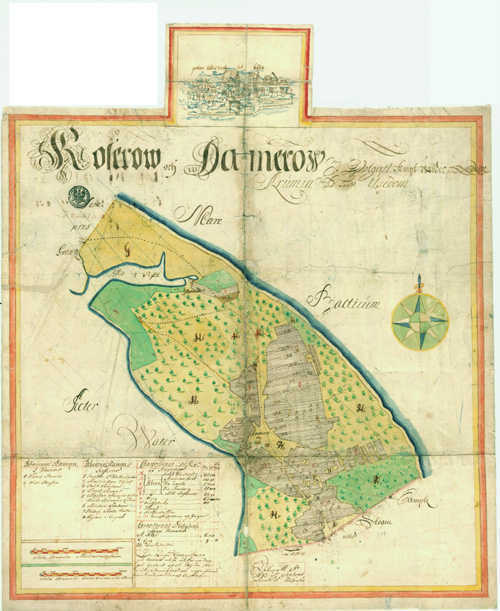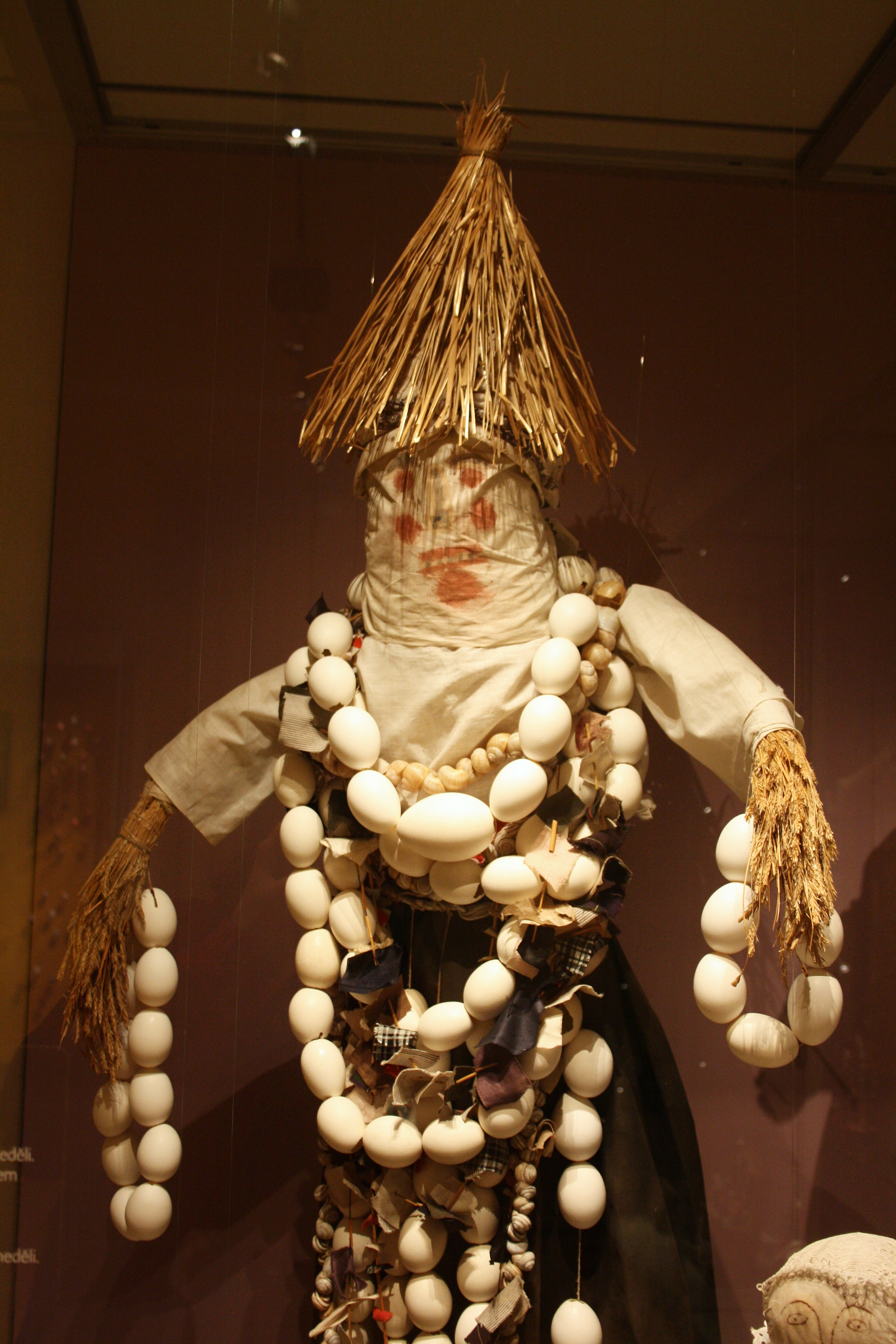Vineta is a mythical sunken city off the German or Polish North Sea Coast. I was suprised to find out that the first mention of Vineta can be found in the travel writings of Ibrahim ibn Yaqub from around 960 CE. According to historians, Ibn Yaqub was a traveler and merchant from a jewish-seraphim family from Spain, who converted to Islam and who traveled extensively through Northern Europe. He wrote in arab and gave the first reliabel accounts of the Polish and Viking societies. He mentions a city called “Weltaba” – in modern Polish “Wełtawa” translates roughly as “place among waves” – and which he describes as the largest city in Europe, close to the sea and with twelve gates, located in the farthest north-west corner of what is today Poland.
There are other accounts about such a northern metropolis from the 10. and 11. Century CE: “The very respected town of Vineta once lay at the mouth of the Oder to the Baltic Sea,” writes Helmold von Bosau (1120 – 1177) in his “Slavic Chronicle”, “which offered the Slavs, Greeks and Saxons living around it a world-famous base. Of all the cities in Europe, it was certainly the largest and inhabited by many peoples. In terms of manners and hospitality you could not find more decent and kind-hearted people than there. Rich in goods from all countries, that city had all amenities.”
But mentions cease after around 1.170 CE. Today it is assumed that Vineta, or Weltaba, is not one city but rather that the myth actually combines the historic events around two cities and political centers of that era: Jaromarsburg (Arkona) and Wolin or Vimne. Both cities were either destroyed or deserted at the beginning of the 11. Century CE and both were powerful and wealthy cities. It took another 600 years for Vineta to reappear on several maps, but this time as a myth or a historical speculation.

For more information see also here and here (both German)
and the other posts in this blog.
